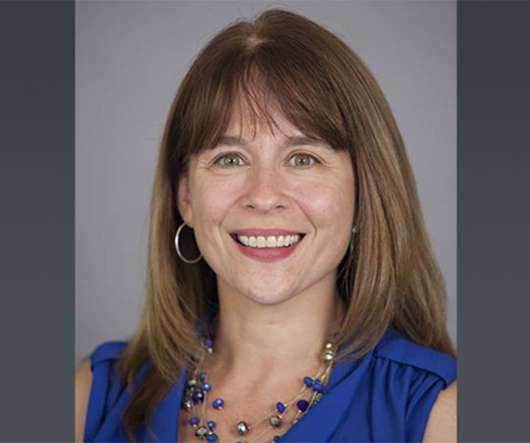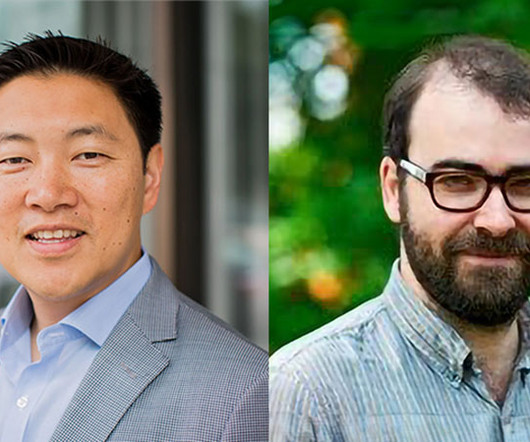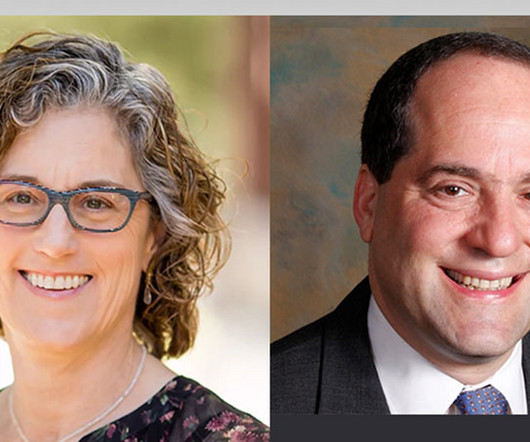PEMPix 2023 Online Case 3: The Only Thing We Have to Fear
PEMBlog
OCTOBER 18, 2023
PEMPix is the American Academy of Pediatrics Section on Emergency Medicine’s annual visual diagnosis competition. Neonatal Toxic Shock Syndrome-Like Exanthematous Disease The patient was diagnosed with Neonatal Toxic Shock Syndrome-Like Exanthematous Disease (NTED). This is the first of the four cases. References Takahashi, N.,













Let's personalize your content